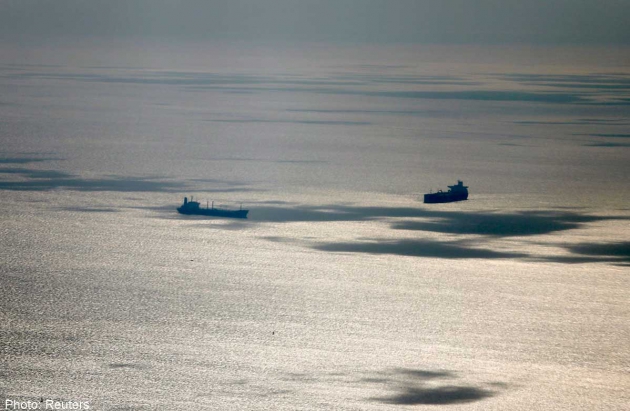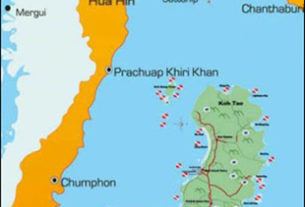
The rail canal would be able to cut 2,000km and two days off the shipping route through the Strait of Malacca.
South Korea will propose a US$4.8-billion (S$6.5 b) “rail canal” project for Thailand’s consideration, aiming to provide a new trade lane via this country’s land bridge.
The project would entail the new concept of a “dry canal” for conveying ships by rail. The 57-kilometre route would run from Ranong province’s Kra Buri district on the west to Chumphon on the east, Jinyu Choi, director-general of the Korea Railroad Research Institute (KRRI), said after at a seminar.
He said the rail canal would be able to cut 2,000km and two days off the shipping route through the Strait of Malacca. The construction cost would also be cheaper than that of a conventional canal, estimated at US$7.1 billion.
“Our research team will present this project in detail to Thai Transport Minister Prajin Juntong during the second ‘Thailand Rail Academy Symposium’ to be held in Phitsanulok in August,” Choi said.
He added that this kind of project should be handled on a government-to-government basis.
Rattapoohm Parichatprecha, director of the Centre of Excellence for Road and Railway Innovation, Naresuan University, said the rail-canal concept was very innovative as a substitute for a real canal, which would face environmental problems and community resistance.
The KRRI is to sign a memorandum of understanding with Naresuan University for collaboration on research and development on August 26, he said. The collaboration would mainly focus on exchange of know-how, human resources, and equipment on rail technology.
The university opted to tie up with Korea to transfer its knowledge of modern rail technology to this country.
Choi pointed out at the seminar that because of its location, Thailand could be a hub of rail technology in the region. However, the country needs to be concerned about four points, namely self-sufficiency on its own rail technology, building human resources, distributing know-how, and planning for extension of its railways into neighbouring countries.
Source: http://news.asiaone.com/news/asia/s-korea-proposes-s65b-dry-canal-thailand-carry-ships-rail



